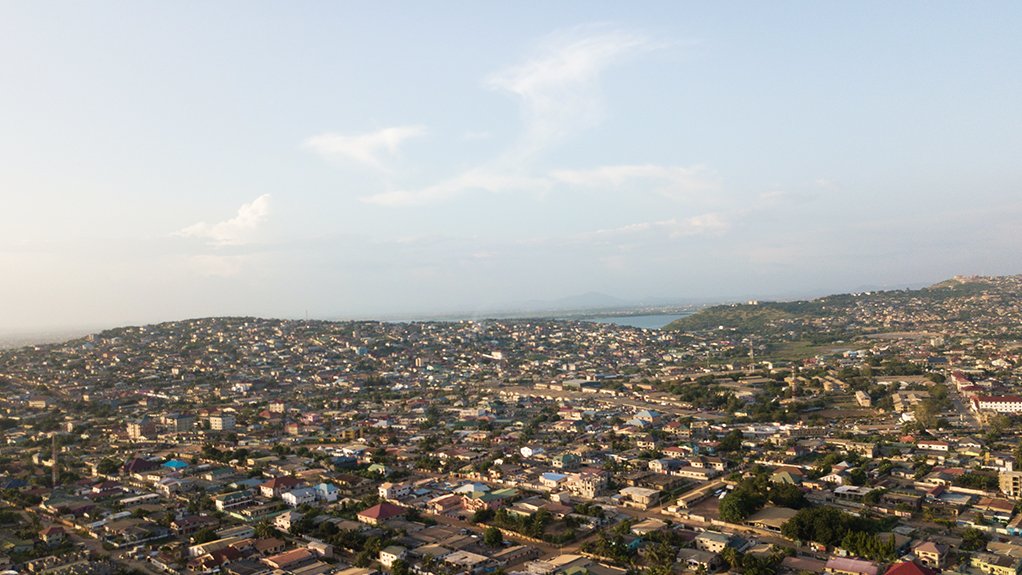
+27 11 441 1111
SRK House, 265 Oxford Road, Illovo, 2196, South Africa

Municipalities struggle to address key infrastructure challenges


HIGHER DEMANDS Municipalities are not able to adequately address and adapt to the growth of high-density developments
Dysfunctional wastewater treatment plants pose a health hazard for residents living downstream along watercourses and have a negative impact on the environment, says consultancy firm SRK Consulting partner and environmental scientist Manda Hinsch.
When untreated sewage is released into rivers it affects aquatic life and undermines the ecosystem. Even when infrastructure is repaired, the existing impact and or rehabilitation of pollution downstream is often not addressed.
Hinsch adds that municipalities are not able to adequately address and adapt to the growth of high-density developments. Older infrastructure, such as sewage lines, have often not been designed for catering for higher volumes stemming from rapid developments. Therefore, systems need to be upgraded according to the demand presented by growing populations.
Systems under pressure, combined with a lack of maintenance, can lead to stormwater infiltrating sewage lines and escaping through manholes into river systems and increasing the volumes of waste water that wastewater treatment plants are required to treat. This can result in high levels of Escherichia coli, or E. coli, in the water, which exposes the public to serious health hazards.
Hinsch stresses that poor water-related infrastructure tends to affect informal settlements more acutely, as they are often located close to rivers or water sources, owing to a lack of access to formal water supply networks.
Another key challenge is the lack of skills within municipalities. Many do not have suitably qualified or trained people in key positions to tackle challenges, which is exacerbated by poor planning and budget allocation. A concerted effort is required to attract skills and apply them which will effectively put municipalities on a stronger technical footing.
While government has put funding mechanisms in place for municipal infrastructure, financial constraints remain a challenge for infrastructure maintenance and operation.
Although budget is allocated by national government through different programmes the day-to-day operations remain a local function and until this is addressed, the challenge will remain, Hinsch emphasises.
SRK Consulting principal environmental scientist Ndomupei Masawi adds that competition for budget and resources can often be a challenge in municipalities if there is insufficient coordination and leadership.
Different departments within a municipality rely on one another to effectively implement infrastructure projects and, without sufficient planning and collaboration, projects can be stalled because of competing interests.
Further, municipalities would benefit greatly from having an up-to-date inventory of its infrastructural assets to ensure effective asset management; this would allow for more systematic planning and budgeting for the maintenance and upgrading of assets wherever necessary.
“This is an important aspect of looking beyond the day-to-day need and embracing a long-term plan for system sustainability,” adds Hinsch.
She says with some municipalities reporting that underperformance at wastewater plants is often the result of load-shedding, they should explore the potential of renewable power sources, which will contribute to long-term sustainability.
Wastewater plants require back-up energy supply, as they are operating continuously.
Hinsch notes that the Department of Water and Sanitation has conducted valuable programmes aimed at improving water management and infrastructure, such as the Blue Drop and Green Drop certification initiatives, which were recently relaunched following a period of abeyance.
The Green Drop programme focuses on wastewater treatment, while the Blue Drop programme focuses on the management of drinking water quality. As a multipoint assessment of the relevant systems and outcomes, such programmes provide a useful measure of performance and improvement, concludes Hinsch.


